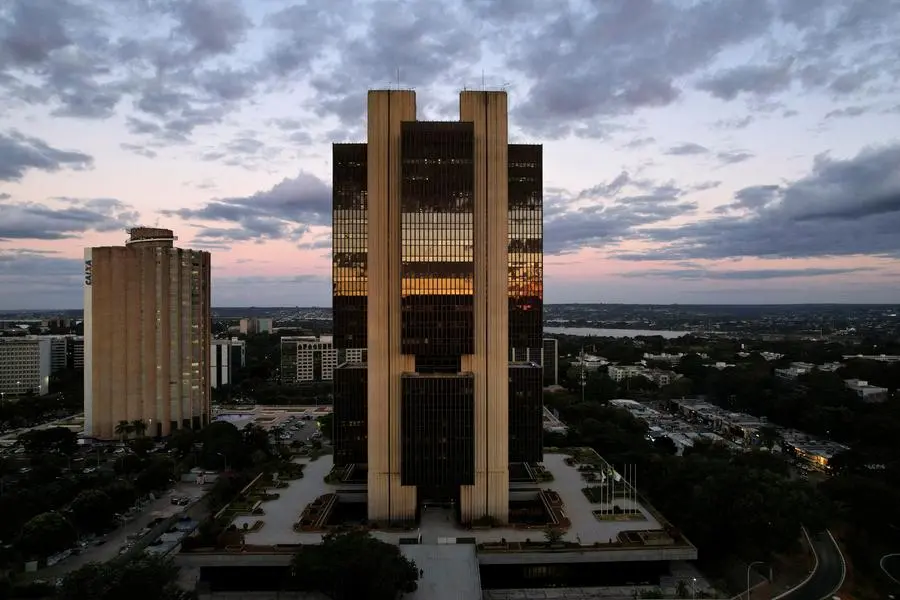PHOTO
Brazil's central bank said on Tuesday that the fiscal package recently announced by the government to rein in spending was poorly received by markets, notably impacting inflation expectations that need to be brought under control.
Policymakers doubled last week the pace of monetary tightening with a 100-basis-point hike, raising the benchmark interest rate to 12.25%, and signaled matching increases at the next two meetings.
"Deanchoring inflation expectations is a factor of discomfort shared by all committee members and must be tamed," policymakers said in the minutes of the Dec. 10-11 meeting.
The central bank also said it had raised the neutral rate in its models to 5.0% from 4.75%, indicating that the rate at which monetary policy neither stimulates nor restricts economic activity has increased.
Until now, the central bank had refrained from providing forward guidance, citing the uncertain outlook.
However, policymakers said two factors prompted a change in stance amid the worsening inflation outlook following disappointment with the highly anticipated fiscal package proposed by President Luiz Inacio Lula da Silva's government.
Firstly, the magnitude of the deterioration in the inflation scenario required more timely policy action to reinforce the firm commitment to bringing inflation back to the 3% target, they said.
Additionally, "several risks have materialized, making the scenario more adverse but less uncertain," which allowed policymakers to gain greater clarity and offer guidance on future steps, the bank noted.
According to the central bank, both short-term factors, such as the exchange rate and current inflation, and medium-term variables - such as the output gap and inflation expectations - have worsened "significantly."
"This worsening calls for an even more contractionary monetary policy," the central bank said.
Despite the bank's tough stance and a series of currency interventions after its policy decision, Brazil's risk premium continued to rise, pushing the country's currency to fresh record lows and driving interest rate futures further higher.
(Reporting by Marcela Ayres; Editing by Gabriel Araujo)





















